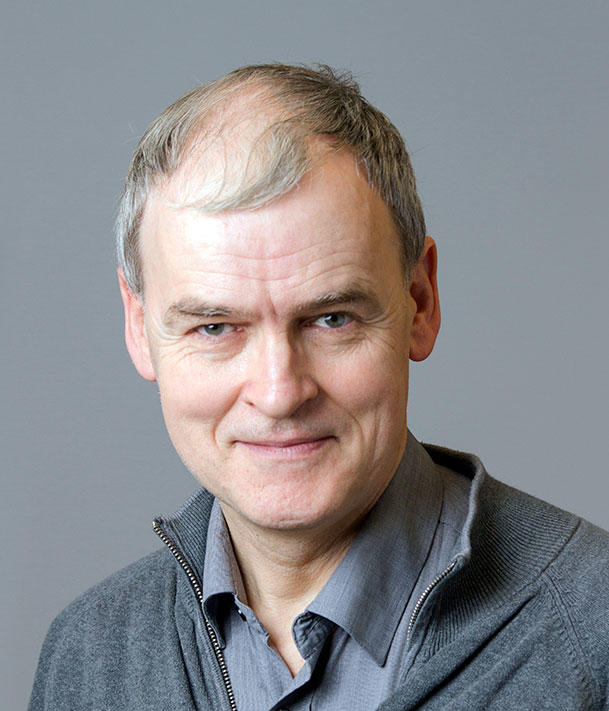Interdisciplinary Research in Radiation Epidemiology and Biostatistics, Postdoctoral Fellowship
Work with Mark Little, Ph.D.
The Radiation Epidemiology Branch (REB) of the NCI Division of Cancer Epidemiology and Genetics (DCEG) is seeking qualified applicants for a postdoctoral fellowship to conduct interdisciplinary research on statistical issues in studying the role of radiation in cancer etiology.
Who We Are
DCEG conducts a national and international program of population- and family-based studies to elucidate the environmental and genetic determinants of cancer. REB scientists conduct research to identify, understand, and quantify the risks of cancer in populations exposed to medical, occupational, or environmental radiation, and to advance understanding of radiation carcinogenesis, and to develop cutting-edge statistical methods in diverse areas such as machine learning and measurement error.
The successful candidate for this position will be mentored by investigators from REB. Depending on one’s interest, projects may include the collaboration on radiation epidemiologic studies that require assessment of doses in studies as a prelude to risk evaluation and non-standard modeling of the dose-response relationship between radiation and cancer risk. There is particular interest in application of machine learning methods and measurement error models to these areas. The candidate will also be given flexibility to pursue research in broader statistical areas, such as machine learning methods and measurement error, that have applications beyond radiation epidemiologic studies.
The fellow will have opportunity to work together with a highly talented team of researchers with experience in radiation, statistics, epidemiology, dosimetry, and genomics. Access to data from a large variety of one-of-a-kind cohort studies (e.g., REB’s signature cohort studies of cancer risks in children who underwent CT scans and a case-control study of children exposed to background radiation in the UK) would provide an excellent opportunity for identifying important problems, testing and validating the statistical methods and eventually applying them for improved analysis and interpretation of substantive studies. The fellow will have access to high-performance computing facilities.
Qualifications
A Ph.D. in statistics, biostatistics, or a similar quantitative field is required. Individuals with both theoretical and applied backgrounds and with strong computational skills are encouraged to apply. The appointment can continue up to three years and can be extended for an additional one to two years. Find further information about the research program of DCEG and the Radiation Epidemiology and Biostatistics Branches.
Applicants may be U.S. citizens, permanent residents; or foreign nationals (visa requirements apply). Candidates are subject to a background investigation.
To Apply
Interested candidates should send a cover letter, curriculum vitae, and three letters of reference via email to Ms. Bessie Sinclair.
Please contact Dr. Mark Little or Dr. Lindsay Morton for questions about the position. Applicants should mention in their cover letter that they are applying for the REB postdoctoral fellowship position. Review of applications will continue until the position is filled.
